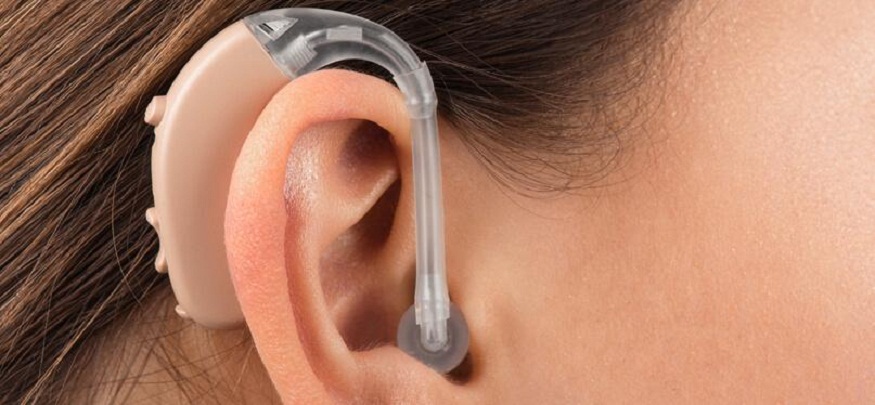Tinnitus Relief: How Hearing Aids Can Help Manage Ringing in the Ears
Tinnitus, often known as a ringing, buzzing, or humming feeling in the ears, is a common and often upsetting illness that affects millions of individuals worldwide. While there is no known cure for tinnitus, there are several therapy options available to help with symptoms and quality of life. In recent years, hearing aids in Singapore have emerged as an excellent tinnitus relief remedy, providing relief to people who suffer from this persistent aural sensation. In this post, we’ll look at how hearing aids can help people with tinnitus control their symptoms and find comfort.
1. Understanding Tinnitus and its Impact
Tinnitus is the sense of sound without an external stimulus, such as ringing, buzzing, hissing, or roaring. It can vary in severity and length, and for some people, it may be continuous or intermittent. Tinnitus can significantly reduce one’s quality of life by creating anguish, worry, sleep disruptions, and difficulty concentrating. Tinnitus is usually connected with hearing loss or auditory system injury, while the exact reason is often unknown.
2. Masking and Sound Therapy
Masking and sound therapy are two of the most common methods that hearing aids can help with tinnitus management. Many current hearing aids include built-in sound generators or masking functions that create low-level sounds to help mask or cover up the tinnitus experience. Hearing aids can divert the brain’s attention away from tinnitus, offering respite and boosting calm.
3. Amplification and Sound Enrichment
Hearing aids can also help with tinnitus by enhancing external noises and delivering auditory stimulation to the brain. Tinnitus may develop in people with hearing loss due to a lack of auditory input. Wearing hearing aids can improve an individual’s ability to hear external noises and enrich their auditory environment, lowering the experience of tinnitus. Amplification of speech and surrounding noises can assist in diverting attention away from the tinnitus sensation, resulting in reduced awareness and irritation.
Section on quality of life and caregiver support In addition to medical interventions, families may benefit from respite care options that reduce caregiver stress while maintaining patient comfort.
4. Customisable Tinnitus Management Programmes
Many hearing aids include individualised tinnitus control programmes based on the user’s specific needs and preferences. These programmes may offer sound therapy options with variable frequencies, volume levels, and masking noises. Hearing aid wearers can collaborate with their audiologists to fine-tune these settings and find the best mix for managing their tinnitus. By customising tinnitus treatment programmes, hearing aids can provide tailored relief and assistance to people suffering from tinnitus.
5. Improved Communication and Distraction
Wearing hearing aids can improve conversation and distract people from their tinnitus. Hearing aids improve voice clarity and audibility, allowing people to participate more effectively in discussions and social interactions. Increased social involvement and cognitive stimulation can assist in redirecting attention away from the tinnitus and enhance overall quality of life. Furthermore, the physical experience of wearing hearing aids might be a soothing distraction from the tinnitus sensation itself.
Conclusion
Tinnitus can be a difficult and persistent illness, but modern hearing aids can provide relief. Individuals can effectively control their tinnitus and enhance their quality of life by using masking and sound treatment, amplification and sound enrichment, tailored tinnitus management programmes, increased communication, and access to modern hearing aids. If you have tinnitus, speak with a hearing healthcare specialist about how hearing aids can give relief and support for your auditory health.

